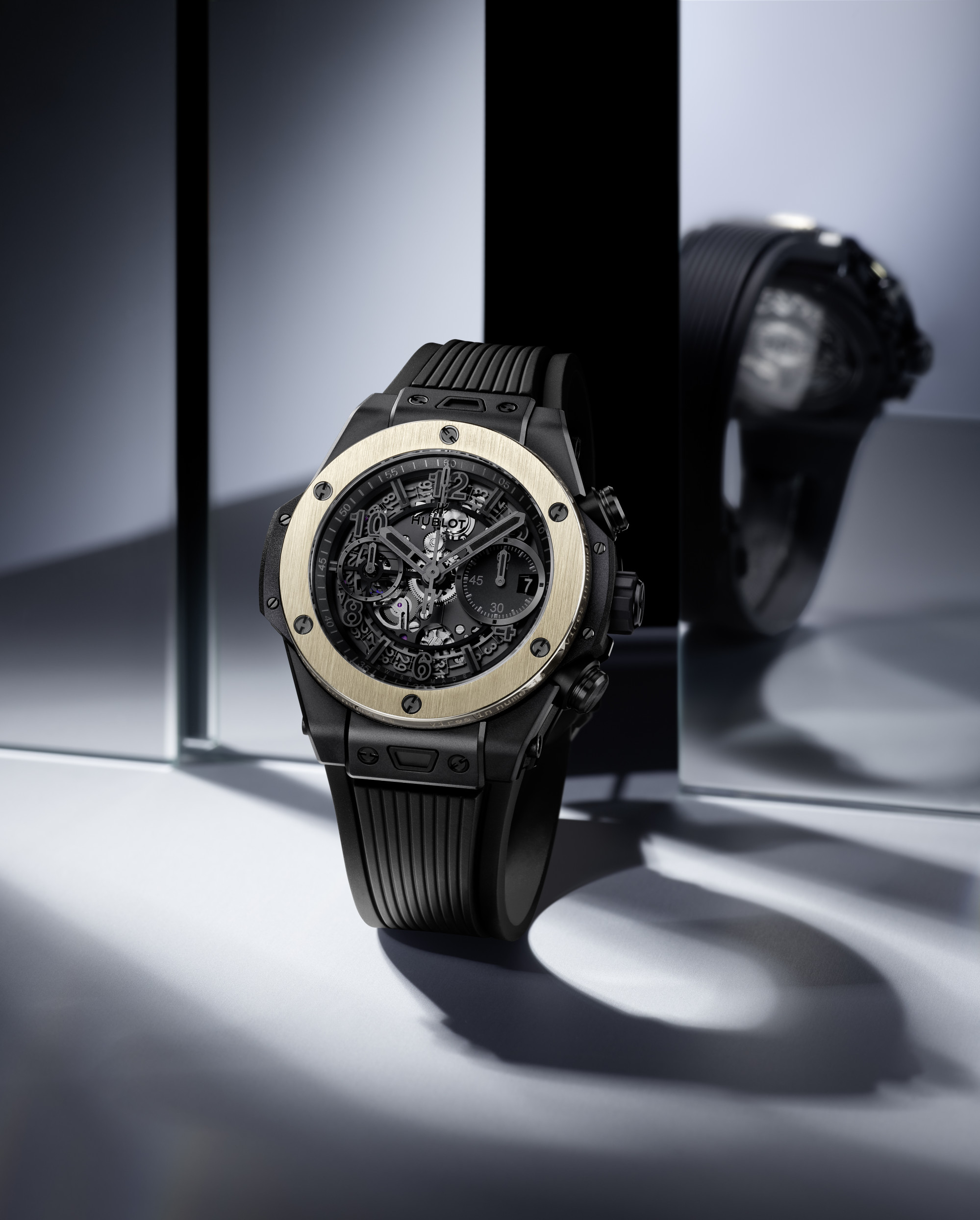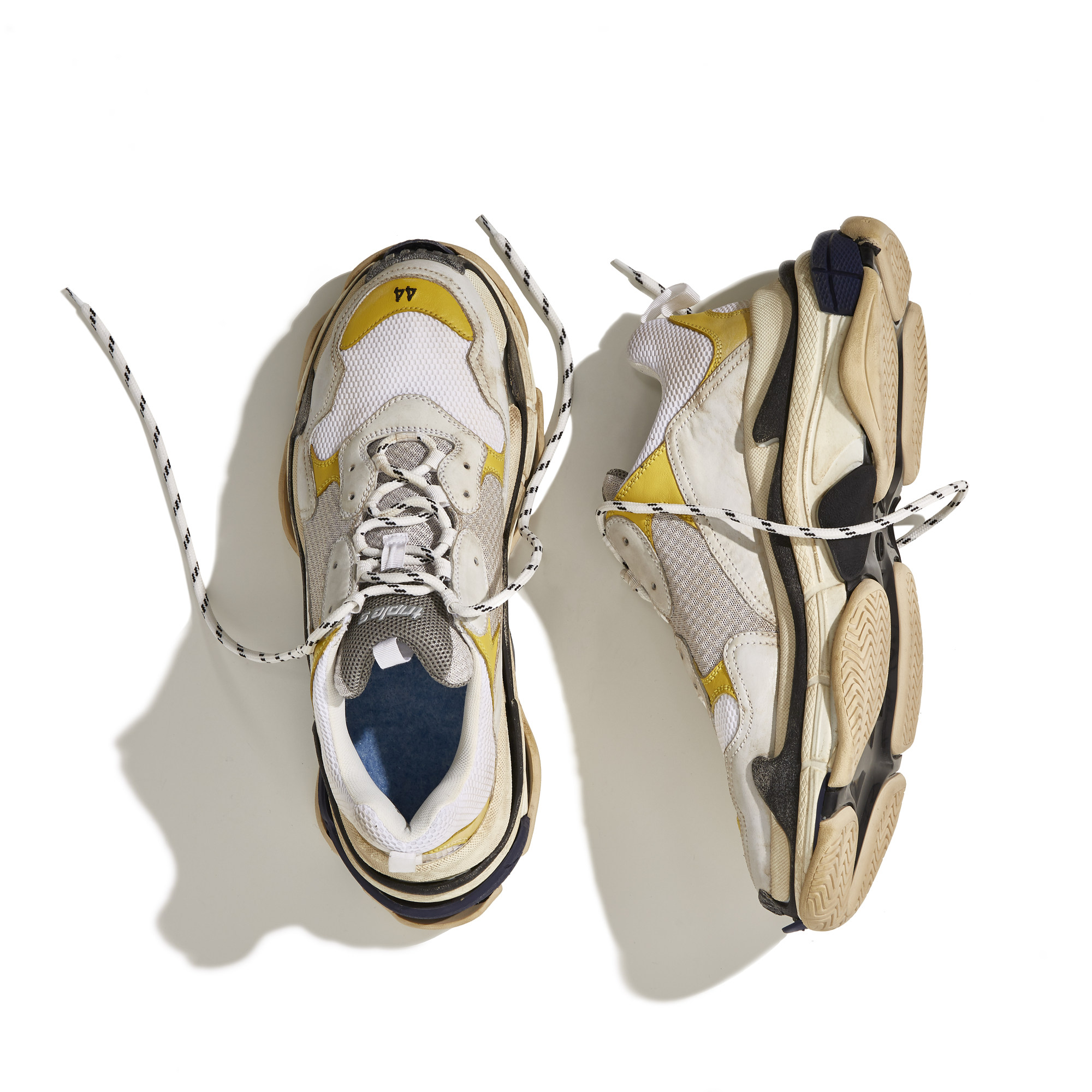Why do luxury brands accept crypto despite its volatility? Gucci, Balenciaga, Hublot, Soneva Resorts, Kessler Collection and Farfetch still deal in digital currencies … with safety nets in place

Worldwide, cryptocurrency capitalisation fell astronomically, to about US$1 trillion in September, down from US$2.7 trillion in November last year, according to statistics by CoinMarketCap.
Bitcoin, the most dominant cryptocurrency, endured steep changes in its valuation, from about US$11,000 for one bitcoin in September 2020, to US$51,000 in September 2021 and then down again to US$18,700 in September this year. But why is the highly volatile nature of the emerging digital economy not deterring luxury brands from accepting payments in cryptocurrencies?

“Technically they don’t come in contact with cryptocurrencies, but they get the benefits of cryptocurrencies and the access to tens of millions of cryptocurrency holders,” explains Merrick Theobald, vice-president of marketing at Bitpay, the cryptocurrency payment gateway and solution used by many luxury brands, including Hublot, Gucci and SuperYachtsMonaco. “Merchants never really have to touch the cryptocurrency, hold it or take custody of it, or even have a cryptocurrency wallet of any kind.”
Merchants never really have to touch the cryptocurrency, hold it or take custody of it, or even have a cryptocurrency wallet of any kind
Instead of accepting cryptocurrencies directly from the customer, brands are opting for cryptocurrency payment gateways such as Bitpay or Lunu, that accept the digital currency from the payer on the brand’s behalf and remit that payment to the brand in fiat currencies – US dollars, Euros or Hong Kong dollars – instead of in a cryptocurrency.
Luxury online retailer Farfetch announced the availability of cryptocurrency payment options for all purchases in the US, UK and Europe, starting late 2022, with more countries to follow in time. “Farfetch or the brand won’t receive any cryptocurrency,” says Martin Avetisyan, chief growth officer at Farfetch, which uses the Lunu payment gateway for online and in-store cryptocurrency transactions.

For online transactions on the Farfetch marketplace, customers will be able to select the “pay with crypto” option at checkout. Once the customer confirms their order details and clicks “place order”, they are redirected to the payment provider page, prompted to choose their preferred cryptocurrency and to confirm the final amount. The customer will then be able to scan the QR code displayed on the screen and send the cryptocurrency of their choice from their crypto wallet.
Because cryptocurrency valuations are constantly changing – sometimes drastically – the exchange rates, too, can vary wildly. Most of the popular payment gateway providers partner with numerous exchanges to offer the best conversion rate at the time of purchase. “The customer will need to place their order within 25 minutes to confirm the current cryptocurrency exchange rate,” says Avetisyan, of the system that Farfetch employs.

“There is always going to be a mining or gas fee which we cannot control because it varies every day, every hour. As for the fee charged to the merchant, Bitpay only charges 1 per cent,” adds Theobald.

Hublot, one of the early adopters of cryptocurrency payments in the luxury watch world, launched a limited-edition timepiece in 2018 that could be bought using only bitcoin. Now, starting this summer, the Swiss brand is accepting various other cryptocurrencies for all watch sales, using cryptocurrency payment gateways. “All watches are available for purchase in up to US$30,000 worth of cryptocurrency. This is very interesting for us as we see that cryptocurrency payment is relevant to our clientele. We cannot communicate any figures, however we have noticed that there has been an increase in cryptocurrency payment with certain clients,” says Ricardo Guadalupe, CEO of Hublot.
Millennials and Gen Z are the key users of cryptocurrencies to buy luxury items
“Millennials and Gen Z are the key users of cryptocurrencies to buy luxury items. We are seeing more of those who make or have more than US$100,000, or are maybe from the tech industry, using cryptocurrencies,” reveals BitPay’s Theobald.
Around 50 per cent of the global luxury market will be millennials by 2025, according to a study by TripleA, a Singapore-based cryptocurrency payment gateway provider. The study also indicated that nearly half of all millennial US dollar millionaires have more than 25 per cent of their wealth in cryptocurrencies.
Keeping a keen eye on the growing interest in digital currencies, Visa too has been augmenting a range of offerings for owners of cryptocurrency. Crypto-linked card programmes allow a consumer to connect digital currency funds to a Visa card or wallet, which can be spent at any merchant that accepts Visa. To the merchants and acquirers, these transactions look the same as if they were any other Visa transaction.
“We’ve partnered with more than 60 of the leading cryptocurrency platforms so consumers can easily convert and spend digital currency at 80 million merchant locations worldwide,” says Cuy Sheffield, head of cryptocurrency at Visa. In the first quarter of 2022, Visa customers made US$2.5 billion in payments with its cryptocurrency-linked cards.

While luxury brands woo the new generation of big spenders, the widespread adoption of cryptocurrencies comes with caveats. Some of the most popular are typically decentralised and may be stored in cryptocurrency wallets, anonymously. To ensure that cryptocurrency transactions are carried out by legitimate parties, brands have to follow digital currency compliances and regulations, laid out by the jurisdiction they operate in.
“There is no standard global law with cryptocurrency. Each region has its own laws,” adds Theobald. “In the US, for any transaction over US$3,000, we actually have to do KYC [know your customer checks]. We have to collect personal information to ensure the funds are coming from legitimate sources. In Europe, it is even tougher. We have to KYC the customer on any transaction regardless of the purchase amount.”
That may be the case – but for serious cryptocurrency heads, the most exciting part is often the unknown.

- Multiple cryptocurrencies like bitcoin, ethereum, tether and dogecoin are accepted in the luxury world, from fashion and watches to hospitality, real estate and yachts
- A 40-metre Benetti yacht was bought in bitcoin earlier this year for US$9.7 million – but in Europe, brands are required to follow digital currency regulations regardless of the purchase amount